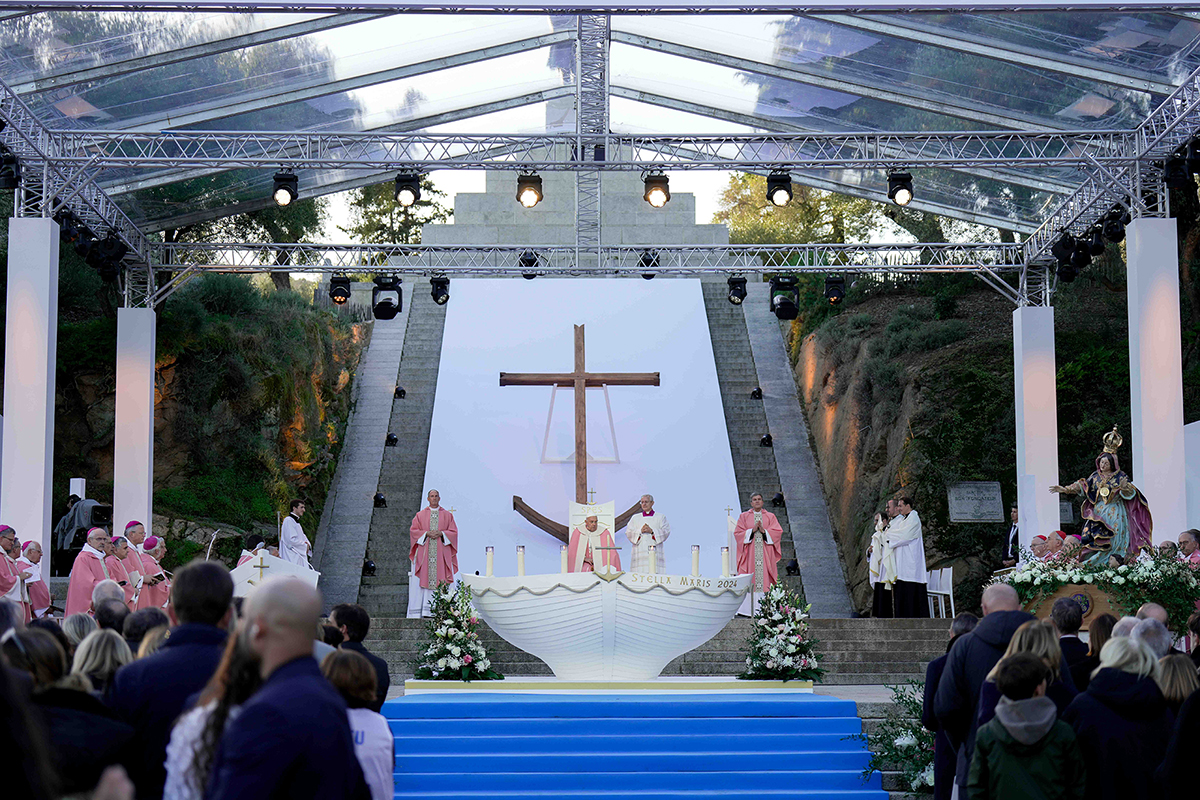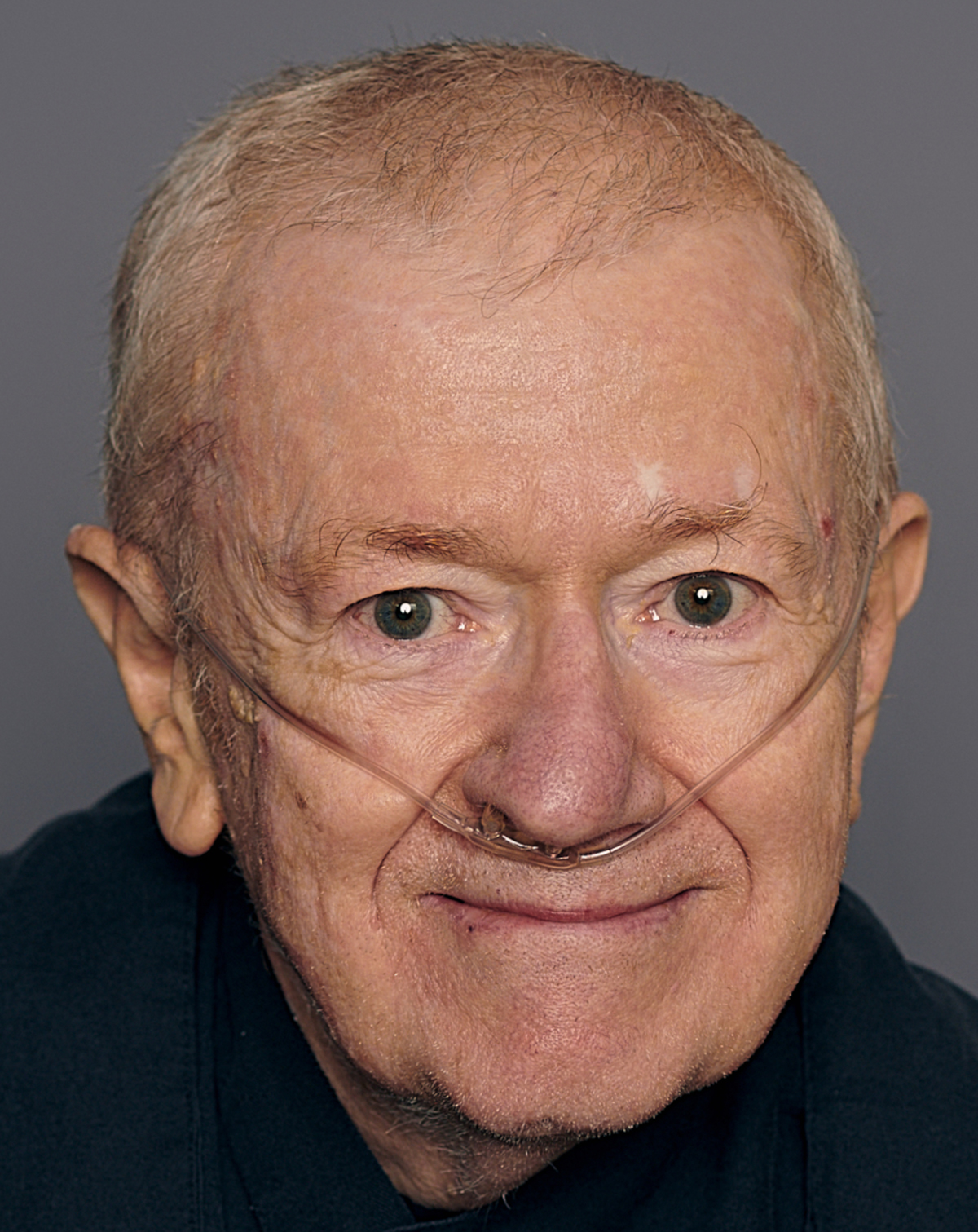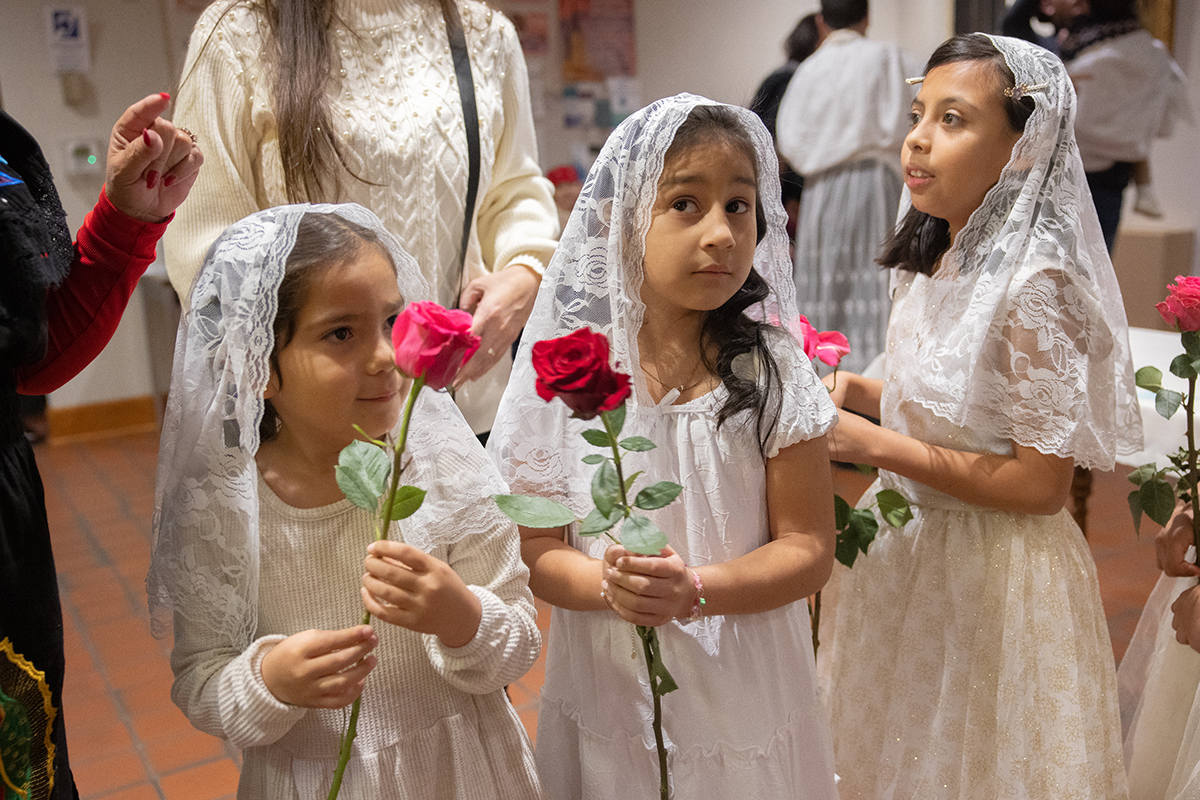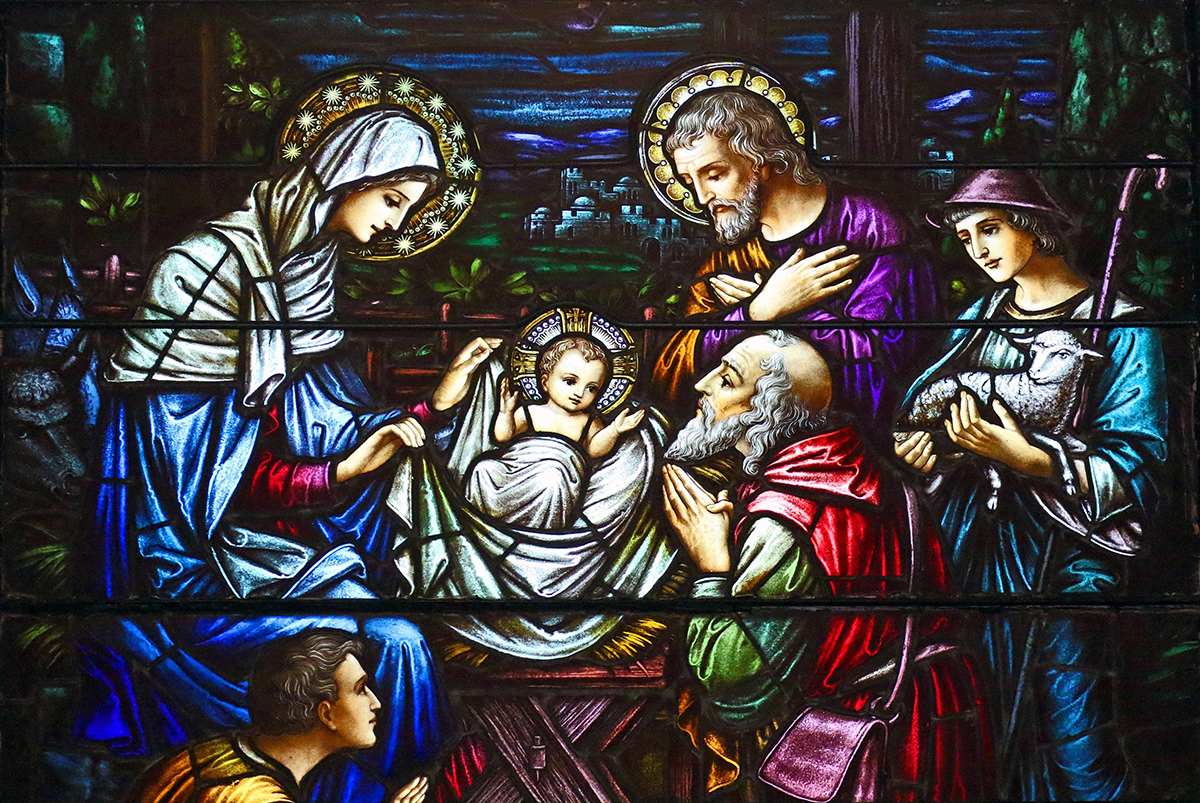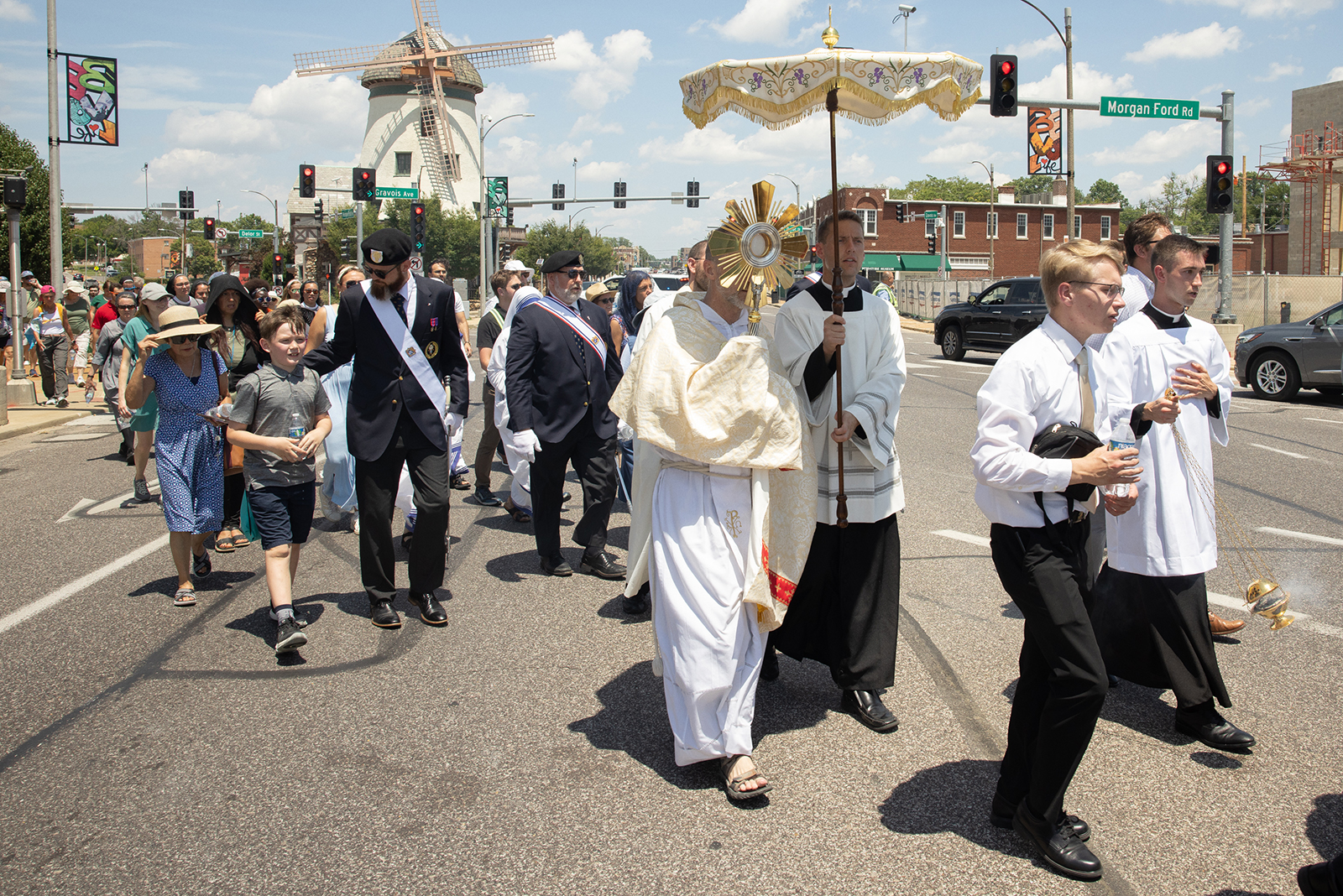Clemency campaign underway for David Hosier ahead of June 11 execution date
The Church teaches the death penalty is inadmissable in all cases

David Hosier is scheduled to be put to death by the state of Missouri on June 11, the second person to be executed in the state this year.
Hosier was convicted of first-degree murder for the 2009 killing of Angela Gilpin in Jefferson City.
The bishops of Missouri, through the Missouri Catholic Conference, plan to submit a letter to Gov. Mike Parson requesting clemency for Hosier. The MCC also encourages the faithful to contact Gov. Parson directly by calling (573) 751-3222 or emailing him through his office contact form at governor.mo.gov/contact-us/mo-governor.
Brian Dorsey was executed on April 9 by lethal injection at the Eastern Reception, Diagnostic and Correctional Center in Bonne Terre. Missouri is one of five states to carry out executions so far this year, alongside Alabama, Georgia, Oklahoma and Texas. Missouri put four people to death in 2023.
During the 2024 legislative season, which ended May 17, three bills were introduced in the Missouri House to abolish the death penalty and resentence those on death row to life imprisonment without parole. None of the three bills made it out of committee.
During his six years as governor, Gov. Parson has never granted clemency to a death row inmate.
However, the Missouri Catholic Conference continues to submit letters asking for clemency no matter how unlikely that outcome seems, Missouri Catholic Conference executive director Jamie Morris previously said.
“We typically don’t get our wish on these clemency applications,” Morris said. “But, regardless of whether it was an issue of potentially an innocent man being put to death, or even if someone is completely guilty, our request stays the same: that each life is valuable, each person is made in the image and likeness of God. And so we seek mercy, regardless of the circumstances, regardless of the result we think we’re going to receive.”
‘Inalienable dignity’
While the Catechism of the Catholic Church was updated in 2018 to state that the Church teaches “the death penalty is inadmissible because it is an attack on the inviolability and the dignity of the person,” popes had been advocating for an end to the death penalty for decades.
St. John Paul II spoke against the death penalty on several occasions, including during the papal Mass at the Trans World Dome in St. Louis in January 1999. “The new evangelization calls for followers of Christ who are unconditionally pro-life: who will proclaim, celebrate and serve the Gospel of life in every situation. A sign of hope is the increasing recognition that the dignity of human life must never be taken away, even in the case of someone who has done great evil,” he said. “Modern society has the means of protecting itself, without definitively denying criminals the chance to reform. I renew the appeal I made…for a consensus to end the death penalty, which is both cruel and unnecessary.”
After Vespers at the Cathedral Basilica of Saint Louis during that papal visit, St. John Paul II approached then-Gov. Mel Carnahan and personally appealed for him to commute the death sentence of Darrell Mease, whose execution had been delayed so as not to coincide with the pope’s visit to St. Louis.
St. John Paul II’s request was simple: “Mercy for Darrell Mease.”
The next morning, Gov. Carnahan announced that he had commuted Mease’s death sentence to life in prison.
In 2011, Pope Benedict XVI spoke of “the need to make every effort to eliminate the death penalty and to reform the penal system in a way that ensures respect for the prisoners’ human dignity.”
In 2020, two years after the catechism’s update, Pope Francis’ encyclical “Fratelli Tutti” reiterated that there is “no stepping back” from the Church’s opposition to the death penalty.
“Let us keep in mind that ‘not even a murderer loses his personal dignity, and God Himself pledges to guarantee this,’” Pope Francis wrote, echoing St. John Paul II’s “Evangelium Vitae.” “The firm rejection of the death penalty shows to what extent it is possible to recognize the inalienable dignity of every human being and to accept that he or she has a place in this universe. If I do not deny that dignity to the worst of criminals, I will not deny it to anyone.”
Advocacy Toolkit
Missourians to Abolish the Death Penalty, which receives funding from the national Catholic Campaign for Human Development, has put together a clemency advocacy toolkit for David Hosier. The toolkit includes an advocacy petition, social media graphics and sample phone call, email and letter ideas to use when contacting Gov. Mike Parson. To view the toolkit, visit bit.ly/DavidHosierToolkit.
Execution Vigil
If David Hosier’s execution continues as scheduled, the Archdiocese of St. Louis will join MADP for a peaceful vigil outside the Eastern Reception, Diagnostic and Correctional Center in Bonne Terre during the execution on Tuesday, June 11. A bus will leave the Cardinal Rigali Center at 4 p.m. that day. To RSVP, contact Marie Kenyon at (314) 792-7062 or mariekenyon@archstl.org.
Church teaching on the death penalty (updated 2018)
Recourse to the death penalty on the part of legitimate authority, following a fair trial, was long considered an appropriate response to the gravity of certain crimes and an acceptable, albeit extreme, means of safeguarding the common good.
Today, however, there is an increasing awareness that the dignity of the person is not lost even after the commission of very serioius crimes. In addition, a new understanding has emerged of the significance of penal sanctions imposed by the state. Lastly, more effective systems of detention have been developed, which ensure the due protection of citizens but, at the same time, do not definitively deprive the guilty of the possibility of redemption.
Consequently, the Church teaches, in light of the Gospel, that “the death penalty is inadmissible because it is an attack on the inviolability and the dignity of the person,” and she works with determination for its abolition worldwide.
Catechism of the Catholic Church, 2267

